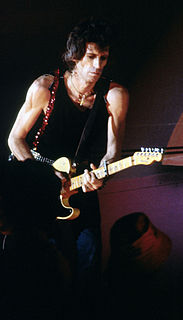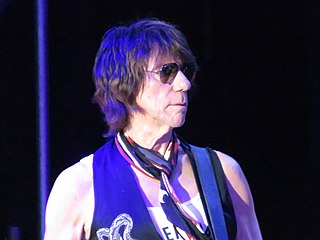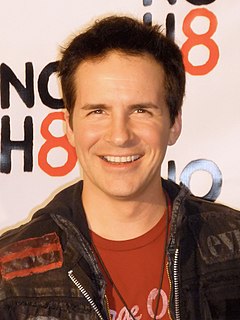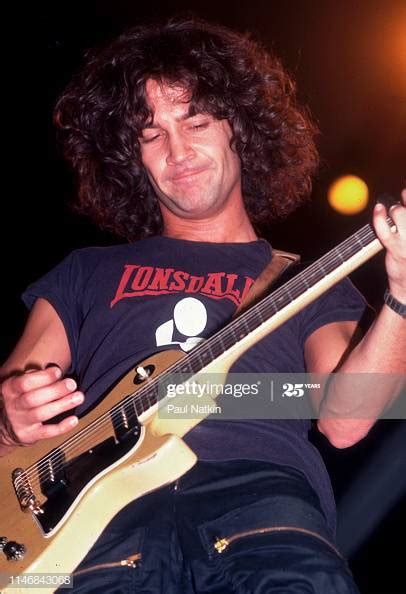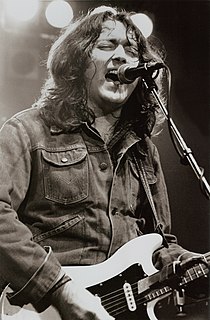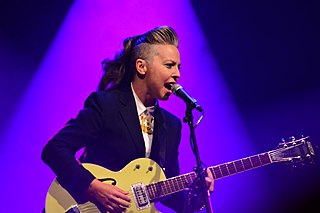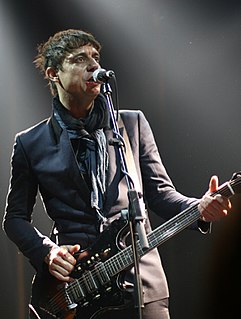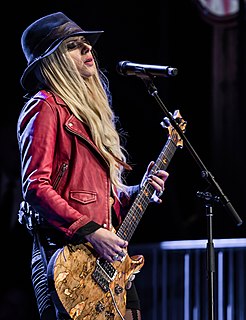A Quote by Nick Cave
I've always been at war with the guitar. All vocalists are fighting a war with the electric rhythm guitar.
Related Quotes
What interested me about Chuck Berry was the way he could step out of the rhythm part with such ease, throwing in a nice, simple riff, and then drop straight into the feel of it again. We used to play a lot more rhythm stuff. We'd do away with the differences between lead and rhythm guitar. You can't go into a shop and ask for a "lead guitar". You're a guitar player, and you play a guitar.
And a lot of the technique and the little T-Bone phrases that define his style, Chuck Berry, when he rearranged the beat, they became rock 'n roll guitar licks. So in essence, T-Bone was not only the first electric blues guitar player, but he was the first electric rock 'n roll guitar player, really.

